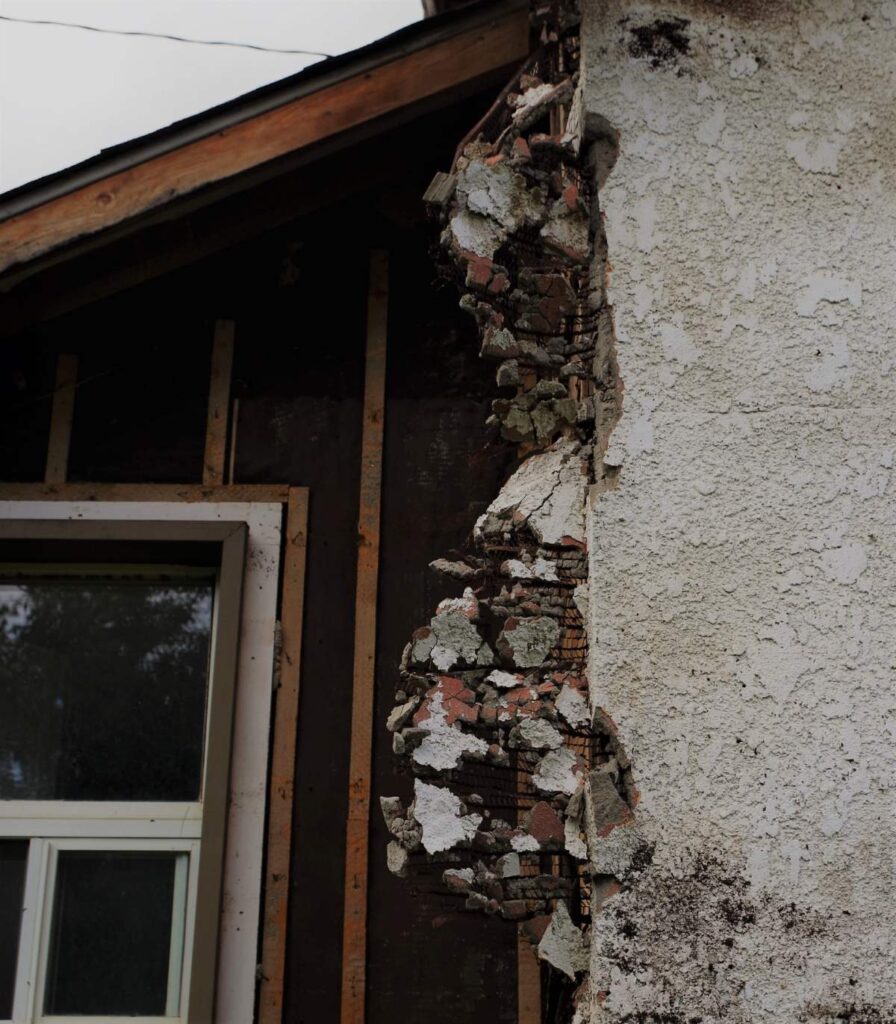Is asbestos dangerous?
Asbestos exposure is the only known cause of a deadly cancer called mesothelioma and can lead to other asbestos-related illnesses. This deadly mineral was heavily used from the 1930s until the early 1980s, when the general public became aware of its risks.
It is vital that those who may come across asbestos in their day-to-day work undertake relevant asbestos training.

Facts about Asbestos:
Did you know?
- Asbestos was used in over 4,000 products and can still be found in over 1.5 million buildings in the UK.
- The World Health Organization estimates 107,000 deaths per year as a result of exposure to asbestos in the workplace.
- Although there have been many efforts to eliminate asbestos as a whole, the material still poses a risk to the health of millions. Today, asbestos use remains legal in nearly 70% of the world.
Is asbestos still a problem for clubs?
In the UK, the use of asbestos was banned more than two decades ago but because the material was used so heavily by our construction industry throughout the 20th century, it is still present in huge numbers of buildings across the country, including workplaces, homes, garages, schools, hospitals and other public buildings.
Tragically, as a result people continue to be exposed to asbestos every day in the UK and around 5,000 people die from asbestos-related diseases here each year. Around 20 tradespeople die each week linked to past exposure to asbestos, with builders, plumbers, electricians, demolitions workers and interior contractors most at risk.
What are the legal obligations of clubs surrounding asbestos?
As you no doubt know, duty holders have a legal obligation under the Health & Safety at Work Act 1974, and Control of Asbestos Regulations 2012 (Regulation 4) to manage any asbestos within their premises.
The first step in asbestos risk management is to be aware of the dangers of asbestos, so training is essential. UKATA Cat A Asbestos Awareness training can be delivered by organisations such as Stallard Kane. Contact Club Insure if you believe this is necessary for your club.
This course is for those who have no intention of removing asbestos but work on buildings that may contain it. It aims to make you aware of the dangers of asbestos but does not train you to work with any asbestos containing materials.
For candidates who have previously completed this full course, they do offer a condensed refresher course.
The course topics include:
- The properties of asbestos and its effects on health, including the increased risk of lung cancer for asbestos workers who smoke
- An awareness of asbestos containing materials (ACMs)
- Development of the knowledge of the hazards and risks posed by ACMs
- Understanding the risks from ACMs within your everyday working environment
- Understanding how to avoid asbestos disturbance
- Information on legislative measures in place to safeguard yourself and those around you
The course is available as a classroom course or an eLearning course.
Stallard Kane also deliver IATP CAT B non licensed Asbestos Training (with Cat A included) which is for anyone who carries out any work that may disturb asbestos, and includes topics such as what work you are allowed to do; how to determine if work is licensable; how to determine if the work is notifiable to the HSE; emergency procedures and waste disposal and decontamination.
Does your club need an asbestos survey?
If your premises were built before 2000, you must have an Asbestos Management Survey carried out. Stallard Kane Compliance’s assessors can attend your building, take samples and provide you with a report detailing the type, location, and risk associated with any asbestos-containing materials that may be found.
They can also provide other asbestos services including:
- Asbestos Refurbishment & Demolition Surveys
- Annual Re-inspections
- Asbestos Removal
- Occupational Health Screening
Contact Club Insure to arrange your Asbestos survey today.







